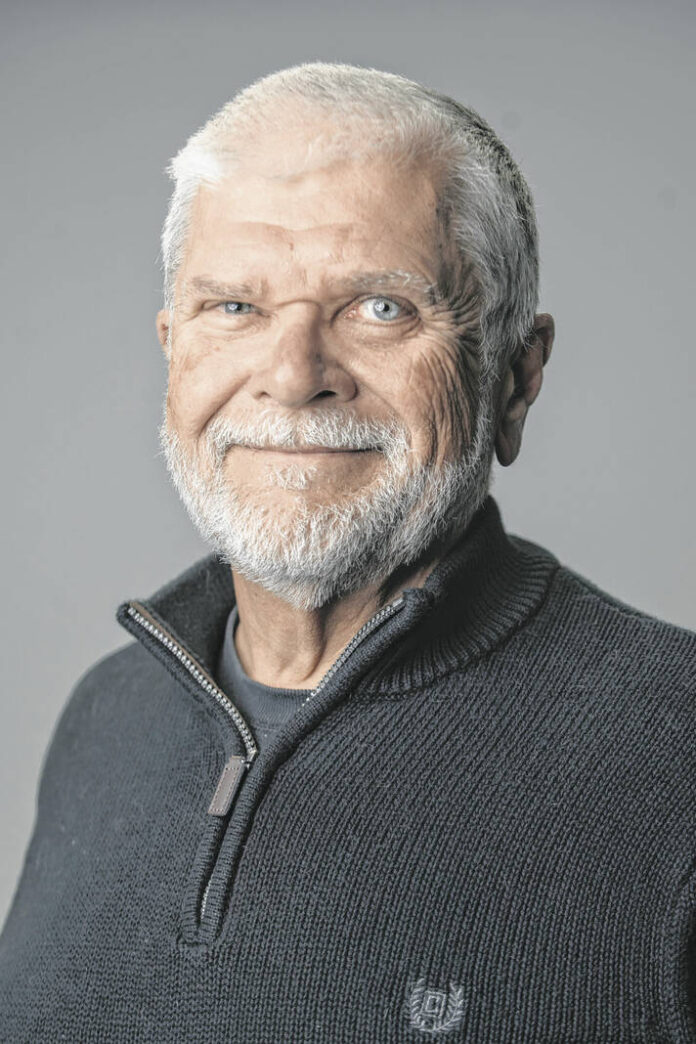Sunday was Juneteenth National Independence Day — a national holiday commemorating the day in 1865 when the United States Army reached Galveston, Texas, to declare the end of slavery in the last of the former Confederate states to accept military defeat.
The day was celebrated with a wide range of activities in Columbus and Indianapolis.
Juneteenth joined 10 other federally recognized national holidays on June 17, 2021, with the signature of President Joe Biden. The legislation was passed by unanimous consent in the U.S. Senate two days earlier. The House of Representatives passed the bill a day later on a 425-14 vote.
Yet, to say this holiday is new to America stretches the truth a bit. June 19 — sometimes called “Emancipation Day” or “Freedom Day” — has been a day of celebration annually across the nation for more than 150 years.
So why did I only learn of its existence about 20 years ago? Why — after my 16 years of formal education, nearly 40 years as a journalist and 57 years of life in the United States of America — was Juneteenth new to me?
The answer to that question likely is that I am a man of western European descent raised in cultural segregation and historic ignorance.
If the significance of June 19 — not just to African-Americans but to every American who believes in “liberty and justice for all” — ever was brought up in any school textbooks or any classroom discussion, I must have been absent that day.
If the newspapers I read each day as a young man ever noted the celebrations or wrote stories about why June 19 is among the most important dates in what is called “the American dream,” I failed to read those articles.
June 19 had been observed around the nation my entire life by African-Americans and others, totally unknown to me until the local NAACP invited the entire community to join a commemoration and celebration at Mill Race Park in 2001.
Could it be — since my ancestry cannot be traced back to the chains and whips of slavery — I had thought the end of legal human bondage in America was not about me?
Could it be I had lived my entire life in communities so dominated and governed by members of my culture and my race that a one-size-fits-all world view clouded my sight?
Could it be the history I learned had been “color coded” and sanitized to meld with the wishful thinking of those empowered to record it — made inaccurate by the exclusion of the unempowered?
Juneteenth will always be of unique significance to African-Americans, but — as a national holiday for all Americans — the day invites everyone to join the celebration.
America has a long way to go in the quest to make the high-minded goals of the Declaration of Independence and the Constitution a reality, but bipartisan approval of the Juneteenth National Independence Day Act is a small but important step in the right direction.
More than two decades ago, the Columbus-Bartholomew County Area Chapter of the NAACP led in the right direction by creating the local Juneteenth celebration and welcoming the entire community to take part.
“We shall overcome because the arc of the moral universe is long, but it bends toward justice,” said Dr. Martin Luther King, Jr. in his much quoted speech at the National Cathedral in March 1968.
Often repeated by President Barack Obama during his two terms in office, that quote has become a call for hope and continued patience as America struggles to bring reality to our nation’s stated pledge of “liberty and justice for all.”
Neither man, however, believed patience alone would bring justice. Both knew, as we all should, the rest of the quote King paraphrased from a sermon delivered in 1853 by abolitionist Unitarian minister Theodore Parker.
“I do not pretend to understand the moral universe. The arc is a long one. My eye reaches but little ways. I cannot calculate the curve and complete the figure by experience of sight. I can divine it by conscience. But from what I see I am sure it bends toward justice.”
That should be the hope of us all, but the bend toward justice is not a given. It is something all Americans must work for every day.
Bud Herron is a retired editor and newspaper publisher who lives in Columbus. He served as publisher of The Republic from 1998 to 2007. Send comments to [email protected].





